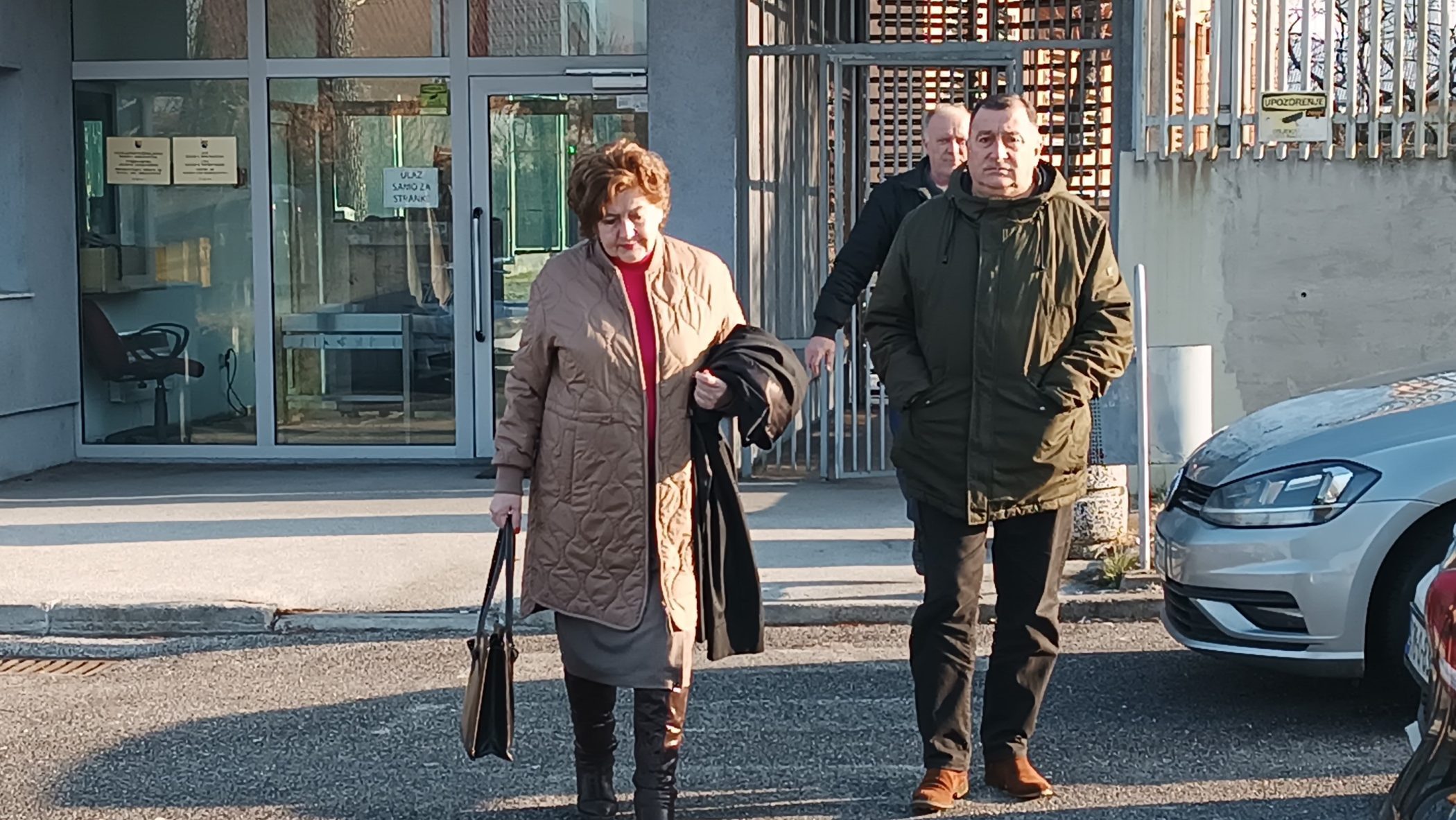This post is also available in: Bosnian
The State Prosecution and representatives of injured parties addressed the Court of Bosnia and Herzegovina, calling on it to find Novak Djukic guilty of shelling Tuzla and sentence him to a long term in prison.
The Prosecution believes it has proved “beyond reasonable doubt” that Djukic committed a war crime against civilians. It further alleges that it has “undoubtedly determined” that in 1995 he was Commander of the Ozren Tactical Group, which was responsible for the artillery squad, equipped with 130mm cannon.
“Novak Djukic was the only person who could order the use of those cannon. There is no room for command responsibility in this case. The indictee issued a direct order to a subordinate artillery squad, providing it with a strictly defined target and parameters for shooting the target. We are not talking about responsibility for actions undertaken by his subordinates, but about his direct orders,” Prosecutor Mirsad Strika argued.
Djukic was indicted as Commander of the Ozren Tactical Group, TG, with the Republika Srpska Army, VRS, for having ordered an artillery squad, subordinate to him, to shell Tuzla, using 130mm cannon, on May 25 and 28, 1995. The indictment alleges that one projectile hit the downtown area known as Kapija, killing 71 and wounding more than one hundred people.
“As alleged by witnesses, it was a sunny day on May 25, 1995. As it was a beautiful day many people went out for a walk. It was a special day for Tuzla young people – youth day. However, at 20.55 on that day a projectile hit Kapija. The young people of Tuzla were covered with blood. 71 innocent people lost their lives,” Strika said, adding that “we now remember this date with bitterness”.
In the Socialist Federative Republic of Yugoslavia May 25 was celebrated as Youth Day.
As indicated by Strika in his closing arguments, on that day in 1995 NATO forces bombed VRS positions. Revenge “followed shortly afterward”.
“Following the NATO bombardment, all options were possible. The shelling of safety zones started soon after that,” Strika said.
In 1993 the UN declared six safe areas: Tuzla, Sarajevo, Srebrenica, Zepa, Bihac and Gorazde.
The Prosecution asked the Court to extend custody of Djukic following the pronouncement of his verdict until a second-instance verdict has been rendered, because “there is a danger that the indictee may try to flee Bosnia and Herzegovina in order to avoid serving his sentence”.
“An investigation was conducted as of May 25, 1995. However, only now, fourteen years later, the first-instance trial is coming to an end. Although nobody can bring the 71 lives back, this Court can and must make the injured parties regain their faith in justice,” said Strika, concluding his statement.
Amila Kunosic-Ferizovic, a legal representative for the injured parties, addressed the Court, claiming that the legal and property claims filed by the injured parties, would be “fulfilled during the course of a civil suit” in order not to delay the trial even more. She did not say how many claims there are.
“The oldest person, killed at Kapija, was 53. Almost all the other victims were under 20 years old. They wanted to live. Their parents, brothers, sisters have remained in deep sorrow…” said Kunosic-Ferizovic, adding that “a sentencing verdict would renew the dignity of the victims”.
The Defence is due to present its closing arguments on June 2, 2009.


